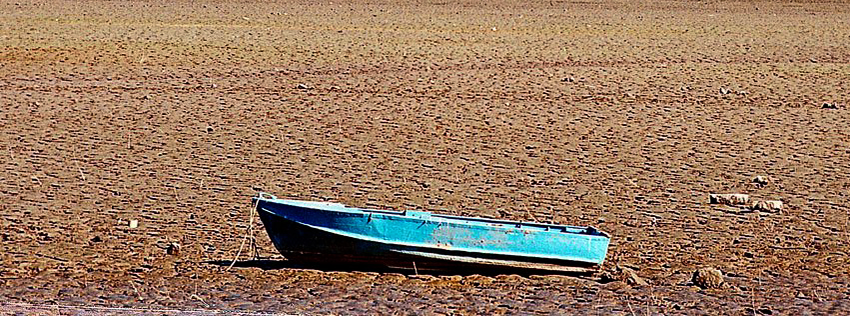Clean and plentiful water provides the foundation for prosperous communities. We rely on clean water to survive, yet we are currently approaching a water crisis. Studies indicate that based on current trends, demand for fresh water will exceed supply in many parts of the U.S. by 2050. For most Americans, water scarcity is not a major concern because for most of our history clean water has been abundant and easily accessible. However, water is a finite resource and many communities are a slight drought or usage increase away from a serious water shortage.
Water Conservation
Water conservation was once avoided by professionals in the water industry, who considered water a product to be sold. Actively trying to sell less of your own product was considered, understandably, ludicrous. However, more water providers are now recognizing that water is a resource, and that conservation can be beneficial and in some cases essential. As water sources diminish, the cost of acquiring, treating, and conveying water will increase. Reducing current water usage can defer the costs of constructing new treatment, storage, and transmission facilities, and can delay or avoid the need for drastic, costly, and controversial treatment methods such as desalinization and toilet-to-tap.
Implementing a water conservation program can be challenging. Often, a combination of awareness, incentives, restrictions, and system modifications is required to successfully manage water usage. The first step is to identify opportunities for conservation. 4Waters specialists have provided innovative GIS-based solutions for clients including a water use benchmarking, tracking, and conservation project that incorporated historical water consumption data to help the City of St. Augustine track and identify high water use regions and possible areas of water loss. With this data, City staff can promote water conservation through asset maintenance and consumer education.
Alternative Water Supply
Developing alternative water sources can diversify water supply while reducing dependence on fresh water resources. Examples of alternative water supply include reclaimed water/water reuse, surface water capture, stormwater, and salt/brackish water.
4Waters engineers have extensive experience planning and implementing water reuse programs for use in landscape and golf course irrigation, wetland and surface water augmentation, groundwater recharge, and vehicle washing. Our staff also has experience with Low Impact Development (LID) principles and practices that treat stormwater as a resource rather than a waste product. These practices include site design approaches and small-scale stormwater management practices that promote the use of natural systems for infiltration, evapotranspiration, and reuse of rainwater.
In addition, 4Waters staff headed a project in LaBelle, Florida which designed and constructed a 1.5 MGD Reverse Osmosis Water Treatment Facility which provided the City with additional capacity by treating brackish water for use as drinking water by the residents of LaBelle.




